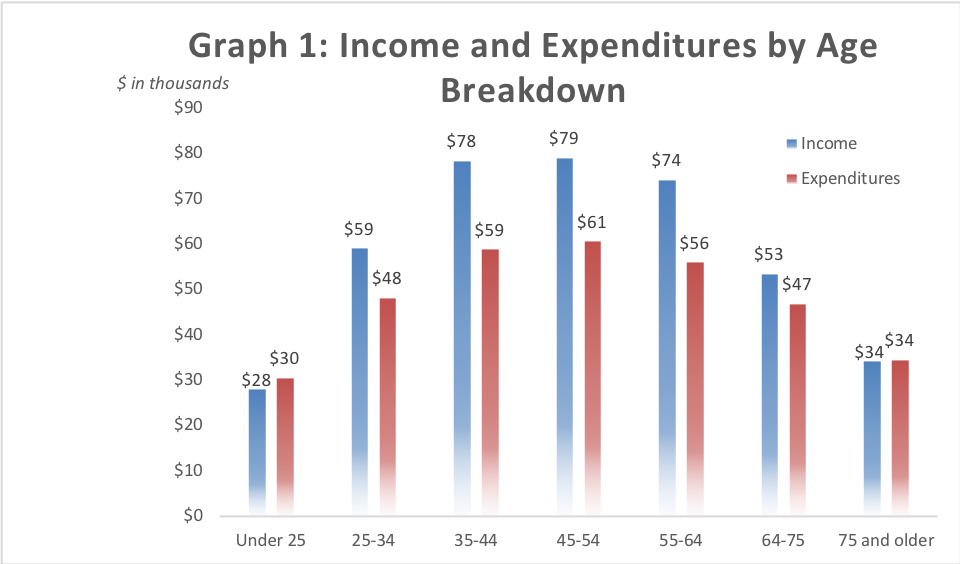|
Impact Bias
In the psychology of affective forecasting, the impact bias, a form of which is the durability bias, is the tendency for people to overestimate the length or the intensity of future emotional states. Overview People display an impact bias when they overestimate the intensity and durability of affect when making predictions about their emotional responses. It is a cognitive bias that has been found in populations ranging from college students (e.g. Dunn, Wilson, & Gilbert, 2003; Buehler & McFarland, 2001), to sports fans (Wilson et al, 2000), to registered voters (Gilbert et al, 1998). Affective Forecasting Research shows that people often make errors about how much positive or negative effect an event will have on us. People mispredict their emotional reactions (how much pleasure or displeasure an event will bring them) when they mispredict how the event will occur. These mistaken projections can lead to mistaken assumptions about the impact of an event on their happiness. Ge ... [...More Info...] [...Related Items...] OR: [Wikipedia] [Google] [Baidu] |
Affective Forecasting
Affective forecasting (also known as hedonic forecasting, or the hedonic forecasting mechanism) is the prediction of one's affect (emotional state) in the future. As a process that influences preferences, decisions, and behavior, affective forecasting is studied by both psychologists and economists, with broad applications. History Kahneman and Snell began research on hedonic forecasts in the early 1990s, examining its impact on decision making. The term "affective forecasting" was later coined by psychologists Timothy Wilson and Daniel Gilbert. Early research tended to focus solely on measuring emotional forecasts, while subsequent studies began to examine the accuracy of forecasts, revealing that people are surprisingly poor judges of their future emotional states. For example, in predicting how events like winning the lottery might affect their happiness, people are likely to overestimate future positive feelings, ignoring the numerous other factors that might contribute to ... [...More Info...] [...Related Items...] OR: [Wikipedia] [Google] [Baidu] |
